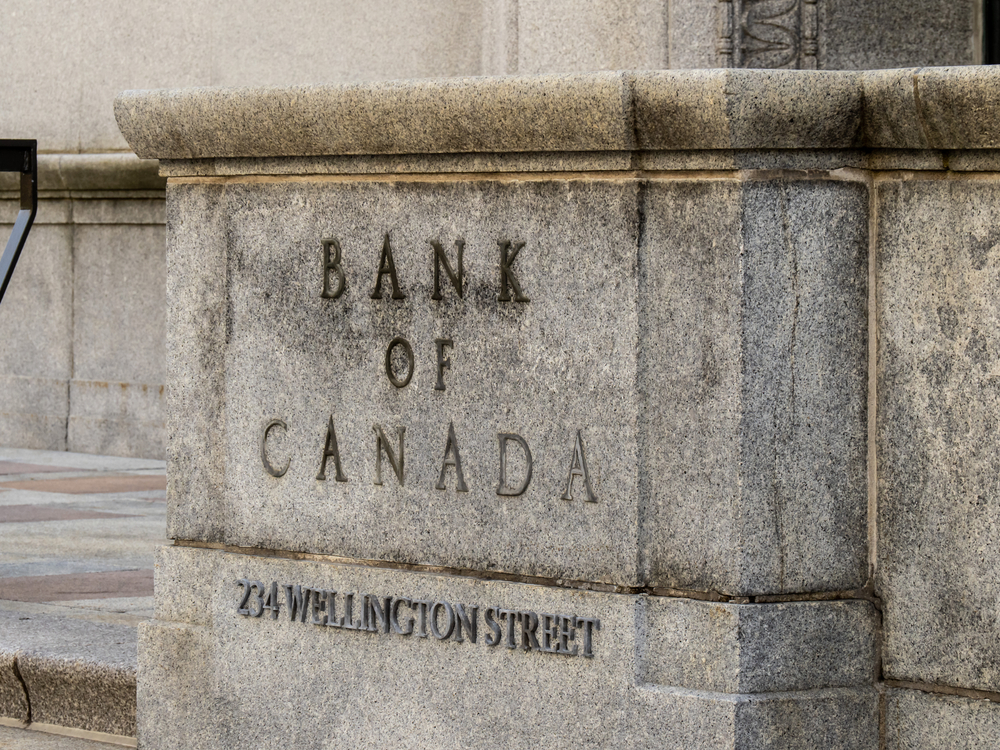Business sentiment improves but remains cautious
The latest survey from the Bank of Canada reveals that while Canadian business owners are less pessimistic about a recession than earlier this year, overall confidence remains subdued. Just 28% of companies are still planning for a downturn — a slight improvement from 32% in March — but ongoing trade tensions, particularly tariffs imposed by the U.S., continue to cloud the outlook.
Consumers are also holding back. Many households are delaying large purchases and increasing savings amid uncertainty about future prices and borrowing costs. As a result, businesses report difficulty predicting demand and are hesitant to make new investments.
Firms face rising costs, shrinking margins
U.S. tariffs introduced by President Trump have forced many Canadian firms to absorb higher input costs rather than pass them on to customers. This has compressed profit margins and led companies to focus on cost-cutting and supply chain adjustments. While some have trimmed expenses or sought non-U.S. suppliers, job cuts remain a last resort. Still, the manufacturing sector saw some layoffs in the spring before a modest recovery in June.
Economists warn that shrinking margins are not sustainable. If companies can’t maintain profitability, they may be forced to raise prices or cut back on investment. The Bank of Canada emphasized that the persistent unpredictability of trade policies is the largest factor holding businesses back from expansion and productivity gains.
Rate cut unlikely in July despite financial strain
Despite signs that both consumers and companies are feeling financial pressure, most economists believe the Bank of Canada will hold its key interest rate steady at the next policy decision on July 30. The central bank last cut rates in March and is now navigating an economic environment shaped by trade-related uncertainty, modest inflation, and a resilient labor market.
The inflation rate rose 1.9% in June — comfortably within the central bank’s target range of 1% to 3%. At the same time, job growth accelerated, and unemployment declined, providing less justification for immediate rate relief. According to Bank of Montreal’s chief economist Doug Porter, the strong jobs report helped reduce pressure for an imminent rate cut.
Outlook depends on clarity around trade policy
The central bank continues to aim for a “neutral” interest rate level that supports both affordability and economic growth. However, with tariffs complicating the outlook, it may be forced to wait for greater clarity before adjusting monetary policy further. A potential rate cut later in the year remains on the table, but it hinges on progress in trade talks with the U.S.
Until then, Canadian businesses are expected to tread cautiously — absorbing costs, limiting new investments, and bracing for continued volatility in global trade. As long as uncertainty persists, business confidence and broader economic momentum are likely to remain constrained.


